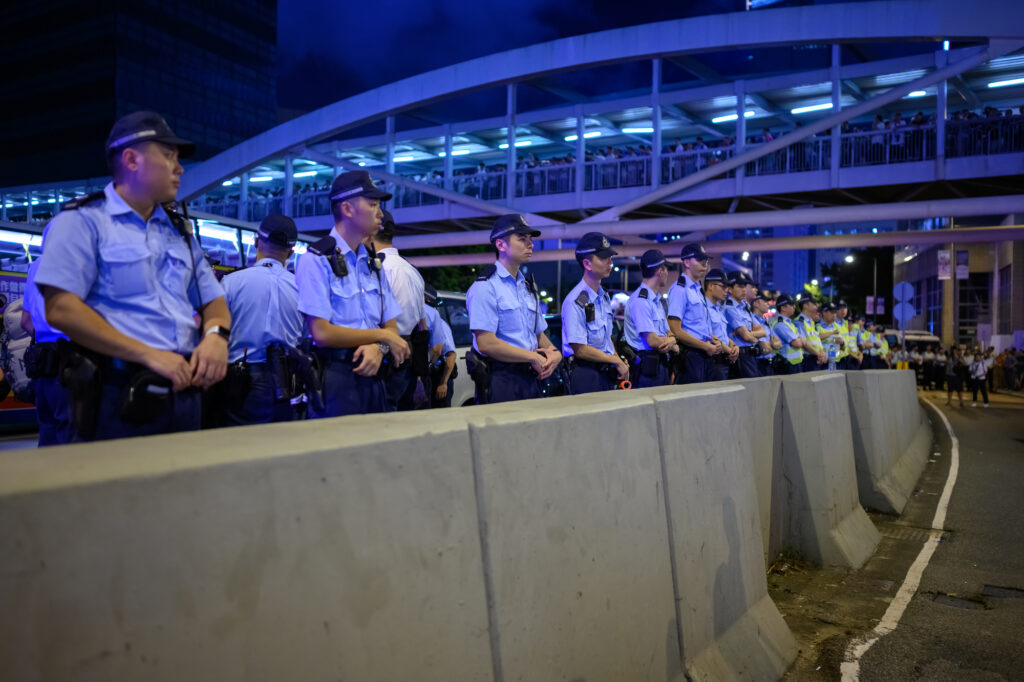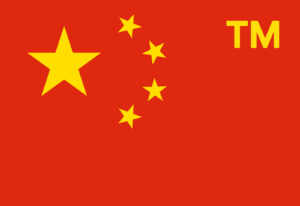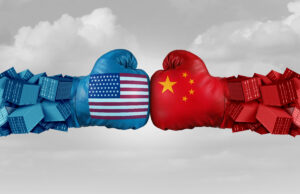On August 13, 2019, in Hong Kong for International Business: Stick a Fork in It we made clear Hong Kong would soon cease to be an international business center and companies needed to consider moving out.
To say this generated anger would be an understatement. In comments, I was called a “turd”, “hopelessly naive” someone who “does not understand anything” and told that I was “engaging in a temper tantrum.” I got thinly veiled threats (the usual, “China is a paradise for foreigners, but you had better never come here” sort of thing) and called even worse by email. Those whose livelihoods depended on Hong Kong swore Hong Kong was as vibrant as ever and called us “fake news” and said we were “making up stories to fit their own agenda.”
I am here today to scream to the world that we were right and they were wrong and there is an obvious reason for this. We try our utmost to call things as we see them, no matter whose business that may hurt, including our own. Far too many “China experts” are really nothing more than China cheerleaders, who will say and do just about anything to justify their existence in China/Hong Kong and to try to keep their China money pipeline flowing.
There I said it.
Anyway, here is what we said back in 2019 that drew so much heat and on which we proved to be so right.
Not sure why nobody has just come out and said this yet, but Hong Kong as an international business and financial center is no more. I take no comfort in saying this because I have many friends in Hong Kong and I’ve always loved going there, but Hong Kong’s special position is over. Kaput. Fini. Terminado. 完. законченный. Done. Over. No more.
I challenge you to say “one country two systems” with a straight face.
For the last few months I have been relentlessly asking everyone I know in Hong Kong or who used to be in Hong Kong or who at one time contemplated setting up a business in Hong Kong how what has been happening in Hong Kong has and will or would impact their doing business in Hong Kong. Based on those responses and on my own experience with how international companies operate, I foresee the following:
-
- Companies that were deciding between Hong Kong or Singapore for their Asian headquarters will choose somewhere other than Hong Kong.
- Growing companies with offices in Hong Kong and with offices somewhere else in Asia will increase their hiring outside Hong Kong and decrease or eliminate their hiring in Hong Kong.
- Companies with offices in Hong Kong and with offices somewhere else in Asia will be move personnel from their Hong Kong office to their other offices.
- Fewer contracts will be drafted with Hong Kong as the venue for arbitration.
- Companies will move their Hong Kong bank accounts elsewhere. It is no coincidence HSBC stock hit its 52 week low today.
- Travelers will choose somewhere other than Hong Kong as their Asia stopover. It is no coincidence Cathay Pacific stock hit its 52 week low today.
- Many Hong Kongers will eventually go elsewhere.
I am not saying any of the above will be noticeable tomorrow or even a month from now, but I am saying that all of the above have already begun and all of the above will accelerate once China’s army goes in at full force, which is pretty much inevitable. Within two years Hong Kong will be a very different place than it is today and within five years it will hardly be recognizable for those of us who have been there within the last five years.
Since the inception of the US-China trade war, this blog has been relentlessly downbeat about the US-China trade war and its impacts. Way back in October 2018, we called the US-China trade war the “New Normal” and in Would the Last Company Manufacturing in China Please Turn Off the Lights, we forecast an inevitable sharp decline in China manufacturing. On May 8, 2019, in The US-China Cold War Starts Now: What You Must do to Prepare, we warned of a “straight line decline in US-China relations” and we laid out what businesses should do in response to that.
Our gloomy predictions have angered many, and I get it. What we are saying is not pleasant, especially for those with companies or livelihoods that depend on free trade with China or on Hong Kong remaining as Asia’s leading business hub. But please understand that we are only calling things as we see them, not as we want them to be.
As for Hong Kong, we are now suggesting our clients (and you) (1) consider places like Singapore and Bangkok as your Hong Kong replacement, (2) implement plans for evacuating your Hong Kong personnel, (3) cease using Hong Kong arbitration clauses (except with Hong Kong companies), and (4) avoid going there unless truly necessary. If corporate responsibility or data protection are at the core of your business your Hong Kong decisions are more pressing.
We reiterated this call again in October, 2019, in Hong Kong for International Business: Stick a Fork in It, Part 2. In that post we wrote about what we were seeing and hearing about Hong Kong’s decline:
— Going to Hong Kong on the way to the PRC is likely to subject you to increased scrutiny when you arrive in the PRC.
— Companies looking to form WFOEs in China are telling us they have heard that using a Hong Kong entity to own the WFOE is now a “bad idea.” Our China WFOE lawyers have not actually seen this to be the case, and even those who tell us this do not have any real evidence to back it up, but just the fact so many believe this is telling.
— Some of our own clients are saying they do not want to use Hong Kong arbitration clauses any longer.
— Many airlines have eliminated flights to Hong Kong and — near as I can tell — all have greatly reduced their fares on their remaining Hong Kong flights. I have heard countless stories of near-empty flights to Hong Kong and of how incredibly easy it is now to get bumped up to Business Class.
— A number of Hong Kong law firms have told me that their business is way down, “for obvious reasons.”
— Foreigners with kids are leaving or looking to leave in droves.
Why are we so convinced we were right about Hong Kong? Because pretty much everything says we were.
And based on what we are hearing from our clients still in Hong Kong and still talking about leaving, I’m betting Hong Kong’s decline still has a ways to go.
For more on Hong Kong’s declining international importance, check out the following:

























